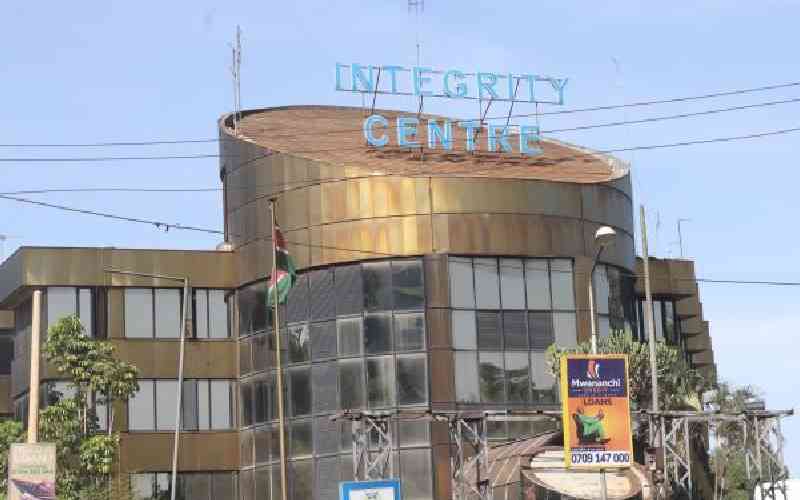×
The Standard e-Paper
Stay Informed, Even Offline

Opposition is mounting over an attempt through Parliament to water down the fight against corruption.
Ethics and Anti-Corruption Commission (EACC), Office of the Attorney General (AG), Office of the Director of Public Prosecutions (ODPP), and Transparency International Kenya (TI-Kenya) described as dangerous, the bid to amend the Anti-Corruption and Economic Crimes Act.